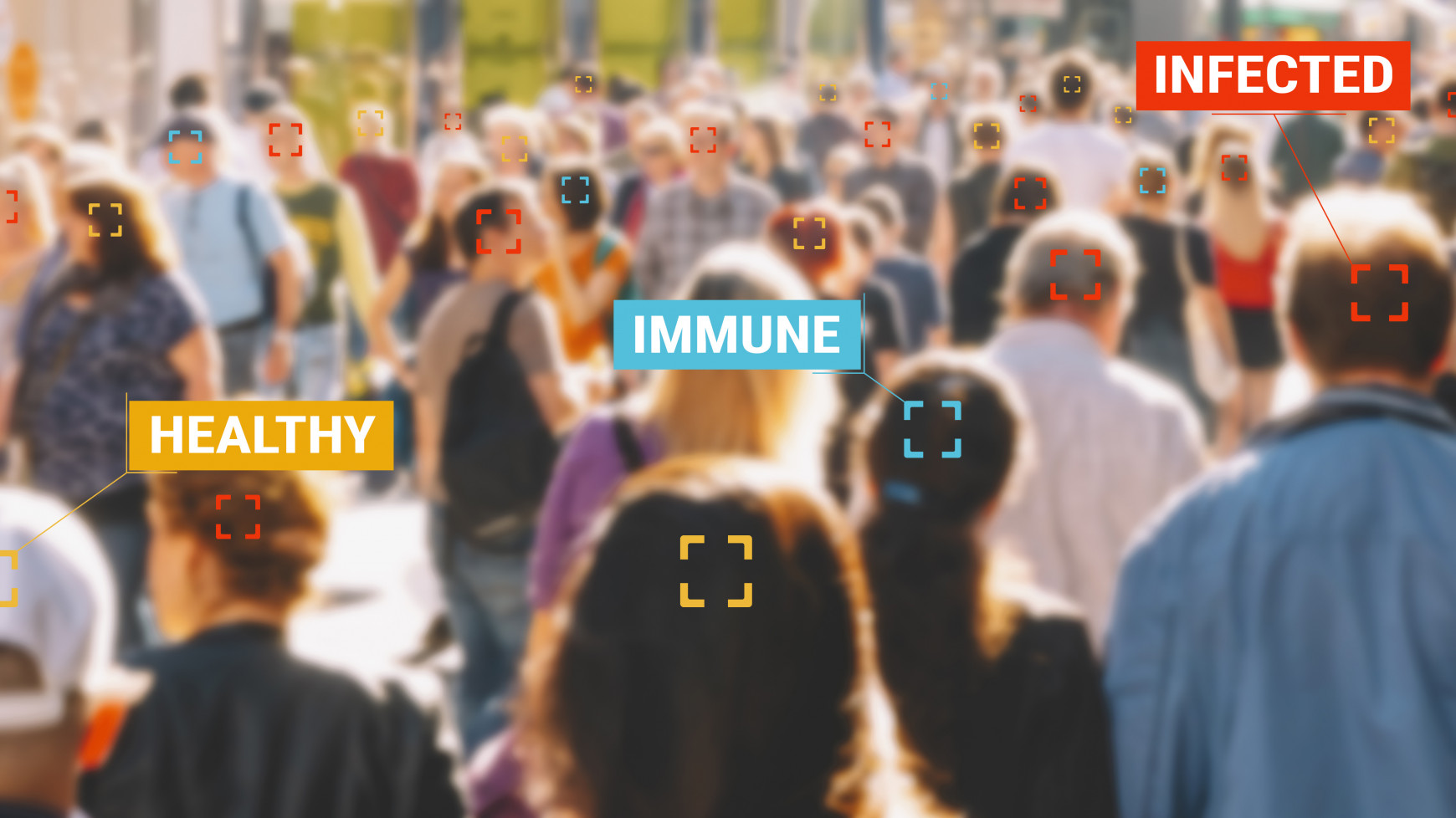On May 5th, 2020, as one of the projects under the Peter Wall Institute for Advanced Studies’ COVID-19 Rapid Publication Working Groups, Dr. Victoria Lemieux, co-lead of the ICICS research cluster Blockchain@UBC, hosted a “Witness Webinar” that explored the question, “Can Governments Respond to the COVID-19 Pandemic and Still Respect Personal Privacy?”
The concept of the Witness Webinar is derived from Witness Seminars developed in the 1990s, these seminars began as a novel approach to oral history and evolved into a gathering of numerous participants who are recorded simultaneously and interact with each other and with the seminar convenor. Witness Seminars produce group discussions on topics of special interest and make collective oral history materials available for widespread use. Dr. Lemieux transitioned the concept of Witness Seminar into a webinar format that successfully ran on an online platform, allowing global and diverse participation. The webinar was recorded and transcribed for the purpose of publishing a proceedings and policy paper that will be publicly available on PWIAS’ website in early June.
During the webinar, a broad range of “witnesses” with diverse backgrounds came together to share and discuss their perspectives on the pressing ethical, legal, and social implications of public health technologies. The witnesses included professionals from public health officials, biomedical scientists, information ethicists, legal experts, technology experts, civil libertarians and more. Their perspectives were presented to attendees consisting of intrigued students, postdoctoral fellows, professionals from diverse industries and individuals from around the world.
Discussion was focused on how and whether governments can respond and take action on COVID-19 without compromising privacy of individuals and communities. As the COVID-19 pandemic has caused an overwhelming impact around the world, governments are desperate to find solutions in response to the COVID-19 crisis. Many of the solutions being deployed rely upon novel technologies that potentially pose a threat to individuals’ privacy. Much ink has been spilled in recent weeks discussing in equal measure the promise and the perils of these technologies in a perceived trade-off between the immediate necessity of beating the novel Coronavirus and the less immediate but also concerning potential for loss of personal privacy.
It was a great honour to have the Federal Minister of Digital Government, the Honourable Joyce Murray, to present opening remarks. Minister Joyce Murray provided insight on what the government is focusing on:
“We are very quickly putting in place a massive set of unprecedented changes. But privacy is something that we have really focused on over the course of this and we’ll continue to do so because privacy is so important to the government…because when you think about the public policy around what government’s role is, it is to deliver excellent service to Canadians whether we are in crisis or not… We have had conversations with a number of companies working on different models that might be applicable here in Canada. But I want to be very clear that any decision we may or may not take with regard to COVID-19 contact tracing would have to meet Canadians’ high standards for privacy and ethical use of those technologies. As the Prime Minister has said, getting that balance right will be extremely important.”
Government officials face hard policy choices, often without clear guidelines to follow or knowledge of the range of policy and technology options. Drawing from their expertise, our witnesses provided their perspectives and possible solutions to protect personal data.
Ann Cavoukian, Executive Director of the Global Privacy & Security by Design Centre at Ryerson University and former Information and Privacy Commissioner for Ontario, also addressed the webinar. She identified strategies that governments could take on to ensure personal privacy is not breached:
“It’s absolutely essential to put something in place in terms of, what information do you truly need? That’s the whole point of data collection. This is all about control, personal control over the collection and uses of your data. Citizens have a right to know what the government’s collecting upon them and how long they’re going to be keeping it and there’s something called the primary purpose of the data collection. Theoretically, the government will only want to collect information to make determinations relating to a future pandemic or a future terrorist attack or whatever. Let’s have a solid plan as to what.”
Through the participation of our witnesses and their contributions from perspectives of different industries and experiences, many questions were raised and there was a healthy amount of questions and answers exchanged to generate ideas on what fundamentals to take account of when the government manages personal data collection during this pandemic.
The Witness Webinar ended on a successful note and recordings of the event have been transcribed and will be made available to the public. Dr. Lemieux is currently working on a policy paper which will be available through PWIAS early in June.
